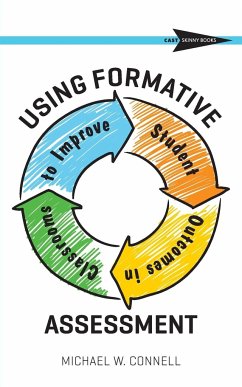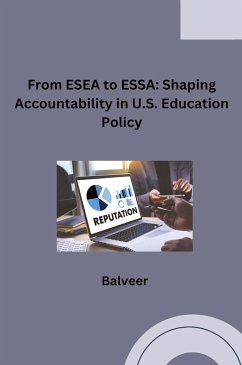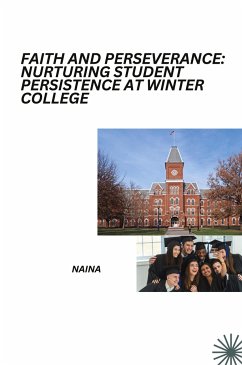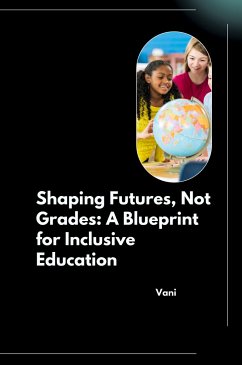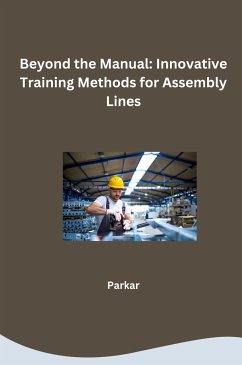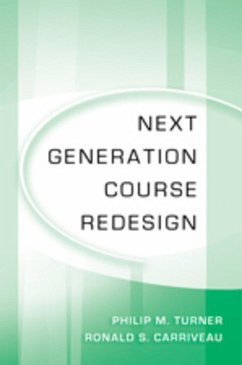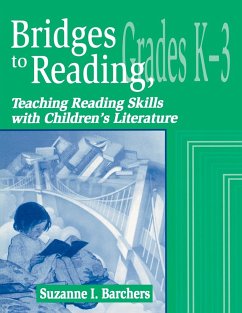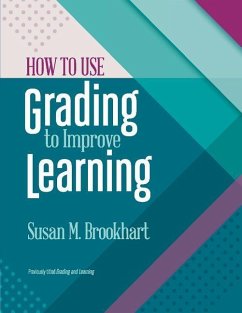Nicht lieferbar
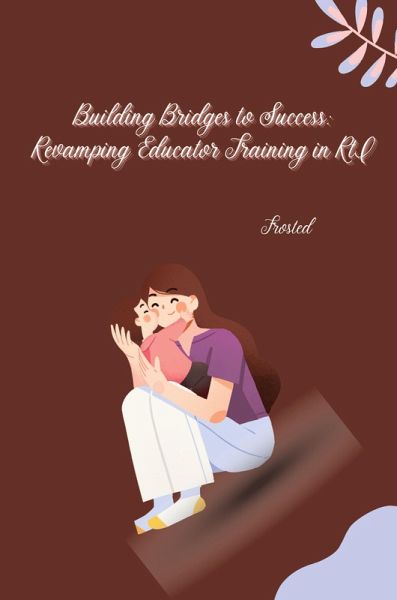
Building Bridges to Success: Revamping Educator Training in RtI
Versandkostenfrei!
Nicht lieferbar
In 2016 and again in 2019, the Houston Chronicle ran a series of articles that identified how Houston, Texas, area school districts failed to identify students using the Child Find component of IDEA using RtI. The 2016 articles helped to initiate the USDE investigation, which determined in 2018 that Texas was failing to identify children through Child Find. In 2019, the Houston Chronicle followed up with another series of articles that showed how Houston area schools still failed to identify children with special needs. These articles led to a follow-up letter by the USDE to TEA stating again ...
In 2016 and again in 2019, the Houston Chronicle ran a series of articles that identified how Houston, Texas, area school districts failed to identify students using the Child Find component of IDEA using RtI. The 2016 articles helped to initiate the USDE investigation, which determined in 2018 that Texas was failing to identify children through Child Find. In 2019, the Houston Chronicle followed up with another series of articles that showed how Houston area schools still failed to identify children with special needs. These articles led to a follow-up letter by the USDE to TEA stating again that Texas was not identifying students through the Child Find component using RtI (Rosenthal, 2016; USDE, 2016, 2018, 2020, 2021a, 2021b, 2023a, 2023b, 2023c; Webb, 2019, 2020).






